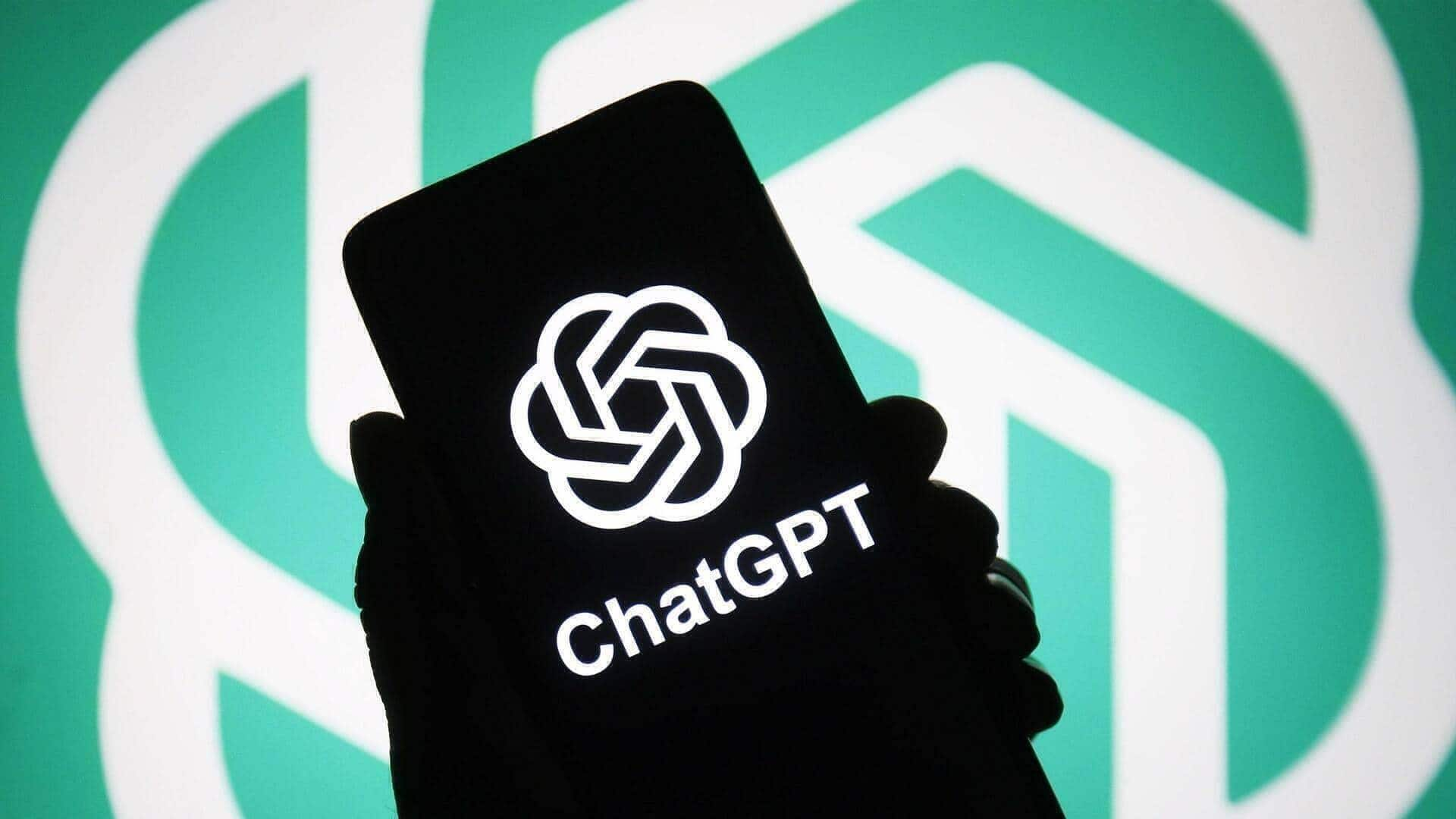
ChatGPT now supports UPI payments: Here's how it works
What's the story
Razorpay, the National Payments Corporation of India (NPCI), and OpenAI have teamed up to test a new feature called Agentic Payments on ChatGPT. The move will allow users to make online purchases directly within the AI chatbot. The pilot project will let users explore products and services, compare prices, and pay via UPI without leaving the ChatGPT interface.
Feature details
Agentic payments for groceries and digital services
The Agentic Payments feature is being tested for use cases like ordering groceries and paying for digital services. It integrates Razorpay's payment infrastructure, NPCI's UPI network, and OpenAI's conversational models. For example, a user can ask ChatGPT to order ingredients for a Thai-style vegetable curry from BigBasket. The AI assistant would fetch product options, confirm the selection, and initiate payment through Razorpay's stack with tracking and instant cancellation features.
Expansion strategy
OpenAI's previous shopping features
Notably, OpenAI had launched shopping features on ChatGPT in April this year. The company had also launched an instant checkout feature in the US last month, enabling Etsy purchases and soon from Shopify as well. The partnership with Razorpay comes after Stripe's UPI payment failure in August affected ChatGPT's India-specific payment plan launch on August 19.
Future prospects
Regulatory clearances needed for expansion
The collaboration is aimed at testing how conversational AI can streamline commerce and payments. Further expansion will depend on the results of the ongoing pilot and regulatory clearances. The platform is designed to enable users to discover, select, and complete purchases through AI assistants without leaving the AI environment. Partner banks for this initiative include Axis Bank and Airtel Payments Bank.
Merchant participation
BigBasket among first merchants to participate in the pilot
Merchants such as BigBasket are among the first to participate in the pilot. Users can instruct the AI assistant to order products, which it then selects, confirms, and processes payment for through the integrated UPI system. The collaboration aims to explore additional use cases for AI-driven commerce, including personalized shopping experiences and autonomous transactions controlled by users.